So you want to play a mage?
"Mage" is a catch all term for arcane spell caster which includes sorcerers, warlocks, wizards of multiple magical traditions. In Scarterra D10, most magical traditions use the same basic dice rules. Magical traditions differ far more on matters of character background and setting details than mechanical dice differences.
Picking a magical tradition will help you figure out your character's background and assorted mundane traits easier. Any mage player should give Merits and Flaws for Arcane Casters a thorough read, but picking a magical tradition will help you narrow down which traits you want and which you don't. Magical traditions also help narrow down which mundane abilities your character should focus on.
You should figure out your magical specialty too. You could take a dot in all eight schools of magic relatively easily, but such a mage would not be very effective, especially in combat or other stressful situations. It is more practical to concentrate, on one, two, or perhaps three schools of magic and develop these to a high level.
In addition to narrowing your character's focus to something easier to grasp, each school of magic has cultural associations with them, both in fantasy in general and in Scarterra in particular. Which schools of magic you focus on impacts your mage's tangible and intangible traits at least as much as your mage's tradition does.
Most NPC mages in Scarterra focus on two schools. PCs of course are free to stick with one school of magic or pick up several schools of magic, but playtesting suggests that two schools is where most players feel comfortable. It gives players a mix of flexibility and focus to flesh out their character as a person and define their role in the adventuring party.
The general population, while often mistrustful of mages, generally has no problem with abjurers…unless they are on opposite end of the battlefield in which case abjurers are priority targets.
Conjurers are often very social or very asocial with few in between. Either they view their conjuration and summoning as a natural extension of their social prowess or they conjure friends and allies from other planes because they have trouble convincing people in the “real world” to help them.
The general population of Scarterra generally finds conjurers intriguing but much less threatening than other mages, but conjurers can create friction with a few segments on the upper crust of society. Given that spirit and elemental summoning is common aspect of divine magic, some more orthodox and xenophobic priests and theurgists view Conjurers as sacrilegious, bordering on blasphemy, but most are not especially outspoken about it. A few academic doomsayers argue that it was definitely conjuration magic that triggered the First Unmaking and arguably a major component of the cause of the Second Unmaking too.
Not every prince and potentate can get a loyal diviner on their council of advisors but every prince wants one. Divination magic is useful in both peace and wartime and as mentioned, diviners tend to be clever and wise even without their spells. Diviners are generally considered nonthreatening and are appreciated with their knowledge but divination magic has it’s dark side which many diviners choose to downplay or even forgo entirely. More advanced divination magic can read minds and probe secrets. This causes some to distrust diviners and in many jurisdictions, mind reading without explicit permission of the local ruler is considered serious maleficium.
The general population doesn’t understand magic very well, and they fear their minds being controlled or befuddled. It is good that enchanters tend to be socially adept even without their spells because they often need all their charms just to convince people that they aren’t invading their minds. In most places, altering someone’s mind with enchantment magic is considered serious maleficium. One problem that afflicts enchanters and even mages who don’t study enchantment at all is there are great many proverbial Chicken Littles that see magical manipulation where it doesn’t exist. It is also extremely common for real criminals and villains to say “I was under an enchantment!” whenever they are caught.
 The general populace generally views illusionists favorably compared to other mages. While illusion magic can easily be put to nefarious uses, most nefarious uses of illusion magic remain…unseen. The potential for illusion magic to entertain and delight is usually obvious and public. Those in positions of powers are somewhat less enamored by and more suspicious of illusionists, but they still find benign illusionist performances entertaining.
There are a few non-combat applications of invocation but not many (a lot of invokers sell off-winter ice to wealthy people or taverns as a side hustle). Most invokers are expected to eventually stand on the battlefield and blast things. Invokers may or may not be considered more tactically important targets than other mages but when you have someone tossing fire from their hands they tend to make very obvious targets for the enemy. It helps for invokers to dabble in abjuration magic and/or train up in some mundane fighting skills, so they dont fold like a paper golem the second they are engaged directly in melee.
The school of invocation has no more or fewer sociopaths than the other seven magical schools. A few invokers are remorseless killing machines, but most invokers understand the value of restraint. Stereotypically, invokers tend to be direct and straight forward in social situations which some people find refreshing and others find off putting. Sometimes invokers have a haggard worn down appearance as a byproduct of using their body to channel mystical energies over and over again, sometimes this effect is negligible.
Invokers are frightening to the general population but at least common people understand them. An invoker is treated much the same was a very muscular warrior with a large sword or axe. With fear and respect. Many invokers have a high rating in Intimidation as a result of playing to this stereotype. Some are quite intimidating without even trying.
Not every necromancer is a wallflower or cackling hermit. Some necromancers can and do maintain respectable presences in polite society. This might be or façade, or it can be genuine. One thing that more social necromancers often do is simply not talk about their necromancy or otherwise deemphasize their abilities essentially, "I'm not a necromancer, I'm a well rounded person who sometimes casts necromancy". Since most mages have proficiency in at least two schools of magic, a necromancer can identify himself as an illusionist or abjurer or whatever and technically be telling the truth.
There is a stereotype that many, if not most, necromancers take up the study of necromancy because they want to cheat death. While more than a few necromancers fit this mold, this is not the norm. It just happens to be the case that liches and wannabe liches are very loud and obvious exceptions that create a confirmation bias in the general populace.
In a lot of cases, it's not a fear of death that lead a necromancer on his path of study, but a macabre clinical fascination with death that pushed them into this vocation. Many necromancers are so familiar with death that they do not have any problem accepting their own inevitable demise. In extreme cases, necromancers fail to take the same basic defensive or safety measures against outside threats that normal people do.
In most places in Scarterra, necromancers are the most widely distrusted mages and a lot of maleficium laws specifically single out necromancy spells. In most jurisdictions, undead minions are banned outright or at least heavily restricted on which corpses can be animated and what undead can legally be allowed to do.
Transmuter are often but not always, somewhat socially awkward people though many have above average Manipulation scores meaning they sometimes are distrusted by the general populace. While many people find the more positive aspects of transmutation magic to be intriguing, it does not help the overall reputation of transmuters that many of the more powerful transmutation spells are utterly horrifying, especially hostile polymorphing and the Body Warp attack spell.
The general populace generally views illusionists favorably compared to other mages. While illusion magic can easily be put to nefarious uses, most nefarious uses of illusion magic remain…unseen. The potential for illusion magic to entertain and delight is usually obvious and public. Those in positions of powers are somewhat less enamored by and more suspicious of illusionists, but they still find benign illusionist performances entertaining.
There are a few non-combat applications of invocation but not many (a lot of invokers sell off-winter ice to wealthy people or taverns as a side hustle). Most invokers are expected to eventually stand on the battlefield and blast things. Invokers may or may not be considered more tactically important targets than other mages but when you have someone tossing fire from their hands they tend to make very obvious targets for the enemy. It helps for invokers to dabble in abjuration magic and/or train up in some mundane fighting skills, so they dont fold like a paper golem the second they are engaged directly in melee.
The school of invocation has no more or fewer sociopaths than the other seven magical schools. A few invokers are remorseless killing machines, but most invokers understand the value of restraint. Stereotypically, invokers tend to be direct and straight forward in social situations which some people find refreshing and others find off putting. Sometimes invokers have a haggard worn down appearance as a byproduct of using their body to channel mystical energies over and over again, sometimes this effect is negligible.
Invokers are frightening to the general population but at least common people understand them. An invoker is treated much the same was a very muscular warrior with a large sword or axe. With fear and respect. Many invokers have a high rating in Intimidation as a result of playing to this stereotype. Some are quite intimidating without even trying.
Not every necromancer is a wallflower or cackling hermit. Some necromancers can and do maintain respectable presences in polite society. This might be or façade, or it can be genuine. One thing that more social necromancers often do is simply not talk about their necromancy or otherwise deemphasize their abilities essentially, "I'm not a necromancer, I'm a well rounded person who sometimes casts necromancy". Since most mages have proficiency in at least two schools of magic, a necromancer can identify himself as an illusionist or abjurer or whatever and technically be telling the truth.
There is a stereotype that many, if not most, necromancers take up the study of necromancy because they want to cheat death. While more than a few necromancers fit this mold, this is not the norm. It just happens to be the case that liches and wannabe liches are very loud and obvious exceptions that create a confirmation bias in the general populace.
In a lot of cases, it's not a fear of death that lead a necromancer on his path of study, but a macabre clinical fascination with death that pushed them into this vocation. Many necromancers are so familiar with death that they do not have any problem accepting their own inevitable demise. In extreme cases, necromancers fail to take the same basic defensive or safety measures against outside threats that normal people do.
In most places in Scarterra, necromancers are the most widely distrusted mages and a lot of maleficium laws specifically single out necromancy spells. In most jurisdictions, undead minions are banned outright or at least heavily restricted on which corpses can be animated and what undead can legally be allowed to do.
Transmuter are often but not always, somewhat socially awkward people though many have above average Manipulation scores meaning they sometimes are distrusted by the general populace. While many people find the more positive aspects of transmutation magic to be intriguing, it does not help the overall reputation of transmuters that many of the more powerful transmutation spells are utterly horrifying, especially hostile polymorphing and the Body Warp attack spell.
Dabbler or Master, how much magic do you want?
In the NPC community of Scarterra, most mages fall into one of two extremes in how they view magic.Some mages want to pick up a couple spells that will enhance their lives or provide a good livelihood and they don't bother developing their magical abilities beyond what they need to pursue their relatively straight forward personal goals and ambitions. Once you got a cushy gig as a court magician or some similar job, do you really need more spells?
Other mages view the acquisition of magic as a worthy goal in and of itself. They never stop trying to learn new spells even into their old age.
Most player character mages follow one of these modes of thought. Either is fine, and it is not impossible to pursue some kind of happy medium, but you should probably give this some thought into how deep you want to dive into magic as this will shape your character's background and your character's numerical traits and intangible character more than any other decision.
Is your character a person who happens to know some magic or is your character a mage who happens to have some other traits?
You should probably pick a magical tradition
Whether your character is a Fae Warlock, Greymoria Warlock, Nami Warlock, rune casting wizard, classical hermetic wizard, aesthetic hermetic wizard, Body Wizard, Folk Magician, sorcerer or some other type of mage, it ultimately boils down to the same spell list and the same attribute + casting attribute roll for every mage with that spell. Every mage casts Shield with Wits + Abjuration difficulty 6. Every one.
Still, it helps character building to figure out what kind of magical tradition your mage is a part of, especially if you want her to be more than a dabbler. I created a short summaries for all traditions along with RPG guidelines in Magical Traditions in Broad Strokes. For detailed descriptions, check the links at the top of this section.
The main reason you should pick a magical tradition for your mage is because every type of magical tradition has it's own fantasy lore associated with it. This will help inform your character's social ties, both good and bad and it will help you imagine what your character looks like and and what traits she has besides magic.
So you want to play an Abjurer?
The plurality of abjuration spells use Wits or Stamina as a casting base but some take Perception, Manipulation, Dexterity or Charisma, so it is hard to min-max an abjurer based on your attributes alone.You can optimize your abjurer with his or her mundane abilities. Abjurers are a diverse lot and Scarterran Abjurers come in many flavors. There is a stereotype that Abjurers are natural sidekicks or followers casting their defensive spells to help the ambitions and plans of more proactive heroes and villains, but a fair few abjurers can drive events on their own.
Abjuration is based on defense, defense in general but specifically defense against hostile magic. Some of the spells aid the abjurer and his allies on the battlefield. Abjuration magic often involves countering the other seven schools of magic which is good on and off the battlefield. A lot of people engaged in political intrigue want an abjurer in their corner to protect against espionage based magic. While a sidekick abjurer can quietly cast magic to shield his master’s political works, a more proactive abjurer can be a political force in her own right.
Abjuration doesn't have much in terms of offensive magic (by design), so many casters choose to pair their Abjuration magic with a more offensive school. This can also be paired effectively with mundane combat skills. A skilled warrior with a wide variety of protective magic is a force to be reckoned with.
So you want to play an conjurer?
The plurality of conjuration spells use the caster’s own body as a conduit for their magic, so Stamina is the base attribute, especially to magic relating to the four classic elements. The iconic spirit summoning spells use Charisma as the casting attribute. Not many conjuration spells require Wits to cast, but having a high Wits lets a conjurer maintain more active spells at once. Some of the more specialized and niche spells in this school involve Intelligence.
Conjuration is not a great school of magic for dabblers. A lot of the most iconic summoning spells with practical battlefield applications are fourth circle and the school has few strong combat options below the third circle. It helps that conjurers can often get by with relatively few practical skills as they can conjure minions to take care of mundane tasks, but there nothing to stop a player from making a more hands on conjurer. A powerful conjurer can create a never ending stream of minions but even the best conjurers can only conjure so many things at once, if a mage wants to command a whole army, their only real option is necromancy.
So you want to play an diviner?
An optimized diviner should have high mental attributes. Over half of all divination spells uses Perception as the tied attribute, especially the lower circle spells. Wits and Intelligence are often useful too. A few spells use Charisma or Manipulation.Divination magic is very utilitarian at the lower levels. Divination might easily be the most popular school of magic in Scarterra. A great many mages choose to dabble in divination magic even if few choose to specialize as full on diviners.
You get a few absent minded academic types among the diviner community but most are both learned and wise. Depending on their magical tradition and overall background they might be highly literate well read sages or they are more salt of the earth types with a lot of folksy wisdom to share. Diviners are equally likely to be shy wall flowers or social butterflies with many in between. Many diviners have high empathy scores and don’t require magic to read people. Many diviners that are more socially inclined will often share their mundane wisdom under the veil of magic, pretending that their common sense and learned lore is actually the result of magical visions.
Very few divination spells in the low to mid level have direct combat applications so understandably, there aren’t many diviners that are great fighters but most adventurers and military leaders value intelligence and reconnaissance which diviners tend to have in spades so most diviners have some knowledge of the battlefield and a few standouts are great fighters. There are also a small number of terrifyingly potent high level Divination spells that can psychically attack opponents.
So you want to play an enchanter?
An optimized enchanter should have high social attributes. Most of the Enchantment spells use a social attribute as their base attribute. About half of them use Manipulation as their base attribute and quite a few use Charisma. Enchantment is one of the few schools of magic that has any spells that use Appearance. Wits pops up here and there on the spell list. The few physically oriented buff spells in this school tend to use physical attributes.Most mages who choose to dabble in the school of enchantment rather than focus on it are primarily interested in the physical augmentation spells and they have an eye towards making magical items some day.
A lot of enchantment spells are more effective if no one suspects a spell is being cast, so the Practiced Silent Caster and Practiced Still Casting Merits have a lot of utility. As do some of the sneakier mundane abilities such as Stealth, Legerdemain, and Subterfuge. Empathy and Etiquette come in handy too.
Morally speaking, enchanters tend to be very good people or very bad people. The best enchanters focus on mental magic to defuse situations nonviolently. The worst enchanters enjoy dominating other people and overriding their wills. Good or evil, most enchanters are socially oriented and they often likely to have a lot of Merits and Flaws relating to having a large social network, which may be centered in respectable society or among the riffraff of Scarterra, or both.
So you want to play an illusionist?
Of the nine attributes in Scarterra's d10 system, six of them are used in the school of Illusion at least once so it is difficult to min-max with attribute selection to pair up with the Illusion spell list.
Carcelli, Parchment Background by Zeta Gardner
While illusion can entertain or make light pranks, and a great many illusionist dabblers choose to focus on the lighter side of illusion magic. On the practical side illusion magic is very useful in stealth and espionage. A lot of more powerful illusionists focus on careers involve reconnaissance, espionage and crime.
At almost every level, there is at least one spell with some direct combat application. Blur is in the first circle, Mirror Image is second circle, Combat Invisibility is fourth circle and Phantasmal Killer caps off the school as a fifth circle spells. More than a few warrior mages are illusionists. A great many assassins either are illusionists or else they work closely with illusionists. Illusion magic potions are among the most highly sought-after magical commodities in Scarterra as they have utility to many adventurers, spy rings, and militaries alike.
Personality wise, illusionists are often very bombastic and flamboyant while others by contrast, are very reclusive and secretive. A few truly live their lives with illusion often putting up false fronts and speaking indirectly even among their closest allies. While mad mages can pop anywhere, illusionists seem more prone to incipient madness than most other mages save perhaps necromancers.
So you want to play an invoker?
Invocation magic is arguably the most simple and straightforward school of arcane magic in Scarterra's d10 system. There are only five spells in total and the first and most basic spell “Make Things Go Boom” does not have to be bought separately. Nearly all invocation spells use Stamina as their base attribute as invokers use their own bodies as a conduit for the mystical energies they wield. Therefore, players of invokers should take as many dots of Stamina as they can justify.You only need to maximize two traits to be a great invoker: Stamina and Invocation. This means it takes fewer freebie points and experience points to be an invoker than most other types of magic. This frees you up to develop other skillsets so your character doesn’t have to be solely a guy who makes things burn.
“Make things go boom” is a versatile spell. You can sacrifice a stronger boom in order to create a wider boom that is near impossible to dodge, but play testing suggests that single person invocation attacks are generally more effect than crowd control invocation attacks, especially if the targets are armored. Most aimed invocation attacks use Dexterity + Athletics or Dexterity + Archery, whichever is higher. Normally, it is not allowed to use an ability specialization to enhance magic, but there is an exception here. It is acceptable (and highly recommended) for all invokers to take an Athletics or Archery specialization in “rays” for better accuracy. Like with mundane combat, accurate hits are also more damaging so it’s a win-win which again stacks the deck in favor of targeted invocation spells over wide area invocations.
So you want to play an necromancer?
Necromancy is the only school of magic in Scarterra d10 that regularly uses Strength as an attribute pairing. Most of the direct attack spells use Strength. A few spells use Perception, Charisma, Manipulation, Stamina, Intelligence and Wits. With seven attributes used at least once, Necromancy is the most diverse school in terms of attributes.Most necromancers are not dabblers, they may or may not have malevolent intentions but most want to develop their necromantic power to the highest level possible. Necromancy is most famous or rather infamous for the creation of undead minions. It is also well known for spells that detect, command, and/or bind the restless dead (aka ghosts). But Necromancy is a very diverse and multifaceted school, a necromancer can be very versatile mage even without dipping into another school of magic. The Perception based spells challenge Divination’s monopoly on magical intelligence gathering and Necromancy has potent hex and attack spells. By commanding ghosts, a necromancer can gain the allegiance of nearly undetectable spies who can walk through walls covering some of the niche of Divination and Illusion alike.
The bad reputation of necromancers means that the school of magic attracts a lot of nonconformists and outcasts. Those mages predisposed to criminality or deviance are more likely to pursue necromancy. Even necromancers that start out sane and moral can be corrupted by the magic they command or driven mad by the isolation society imposes on them. Necromancy also attracts people who are sane and moral but are simply very introverted.
So you want to play an transmuter?
Every base attribute except for Appearance pops up on the Transmutation spell list at least once, so it is difficult for the min-maxing player of a transmuter to optimize his build with attribution selection. That said Dexterity and Manipulation show up frequently, so a high rating in these two attributes is a good idea.Transmutation magic is very useful for most adventuring parties, even if only as a mere dabbler. Expeditious Retreat, Feather Fall, Spider Climb and Darkvision are all highly useful for most traveling adventurers and these are all first circle spells.
At the middle levels, fly and overland flight are of great utility to most adventurers. Really flight is desirable to almost every segment of society. Flying is fun and a lot of people will pay good money just for the novelty, but beyond this, there is no faster way in Scarterra to send messages than to have someone fly them there. Flying people are kind of obvious, but more advanced transmuters can transform into animals and most people aren’t going to look twice at a bird flying by.
The school of transmutation has some very potent combat spells at the higher levels but even the non-combat spells in the school tend to be action oriented and physical in nature. This means that action oriented and physical characters are a good thematic fit when building transmuter characters. The school of transmutation has a lot of good mobility spells so a lot of transmuter mages are widely traveled and less likely to put down permanent roots than other mages are.

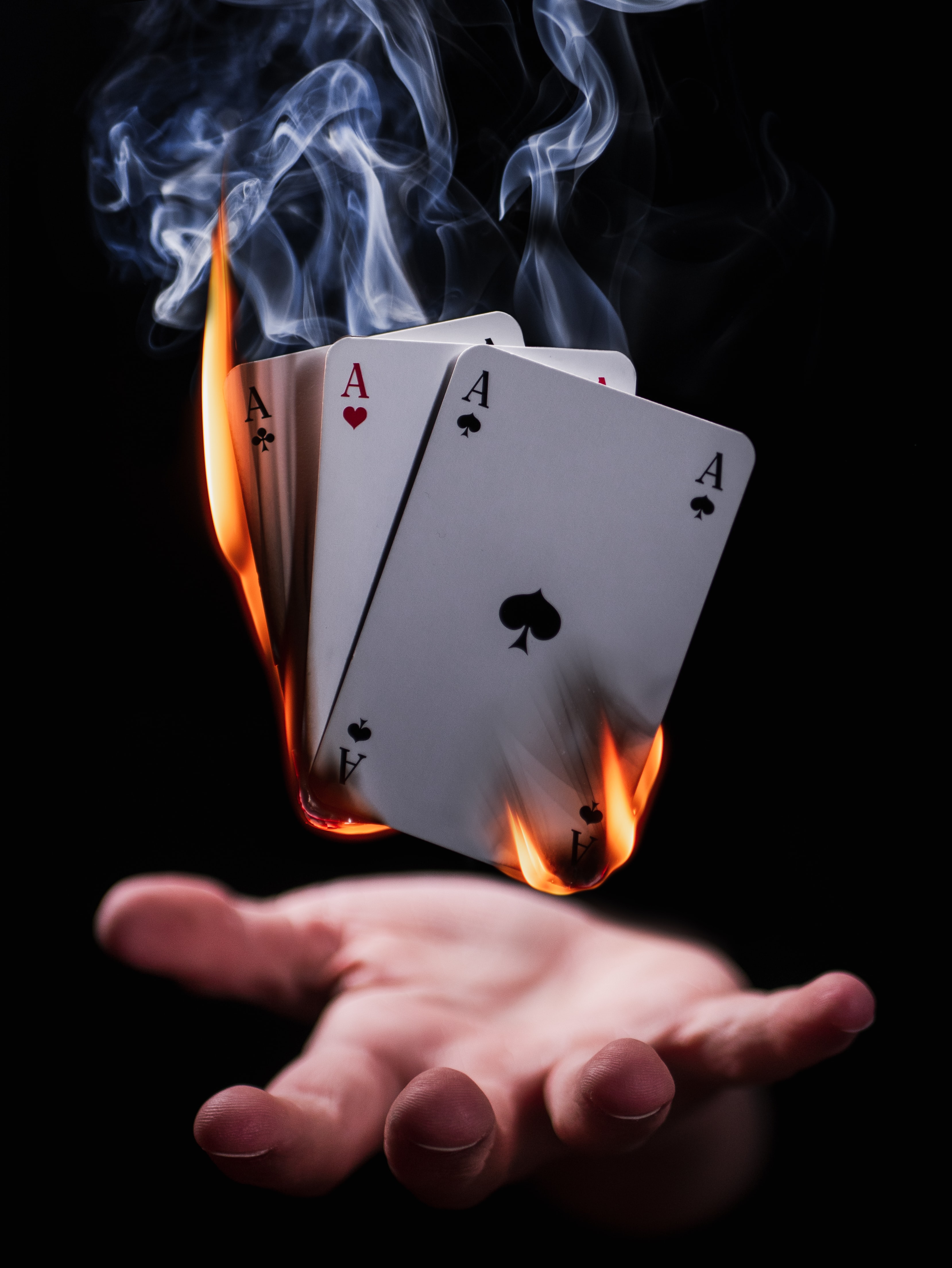
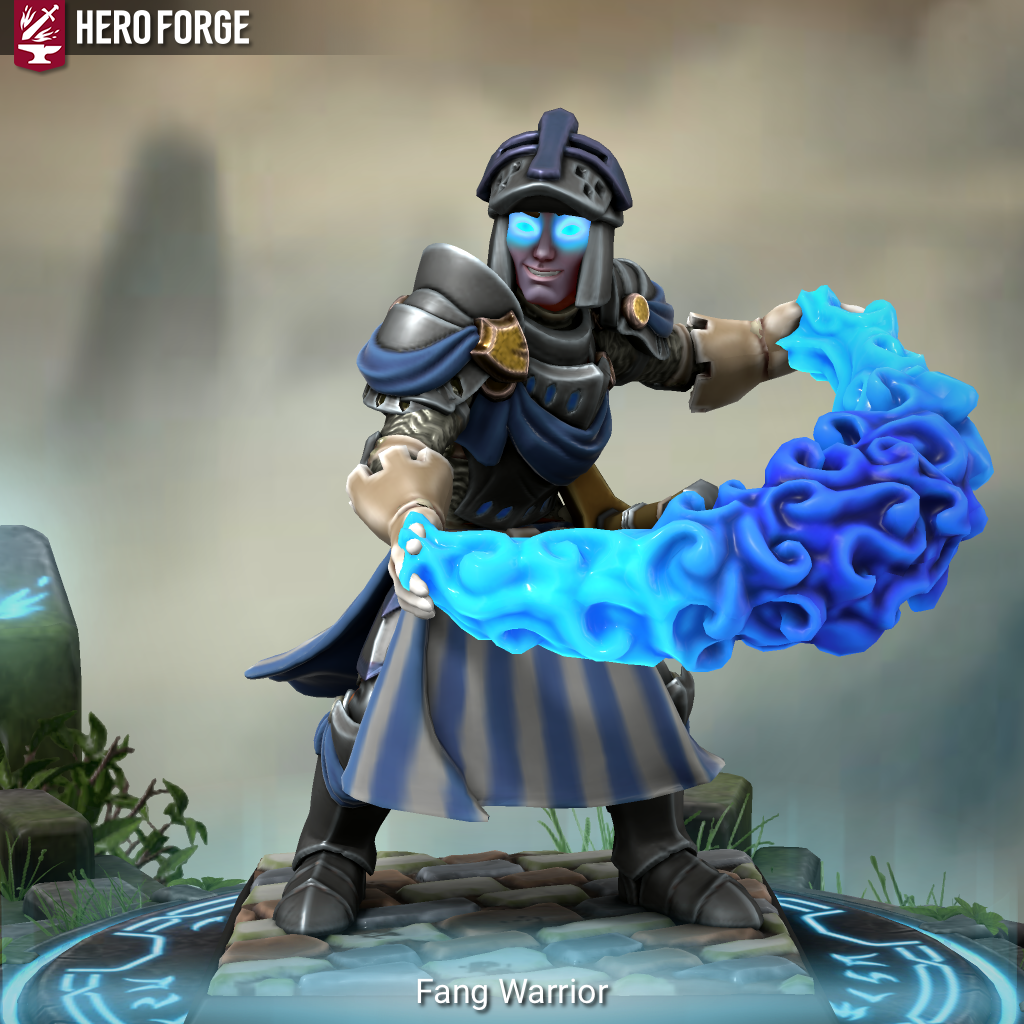

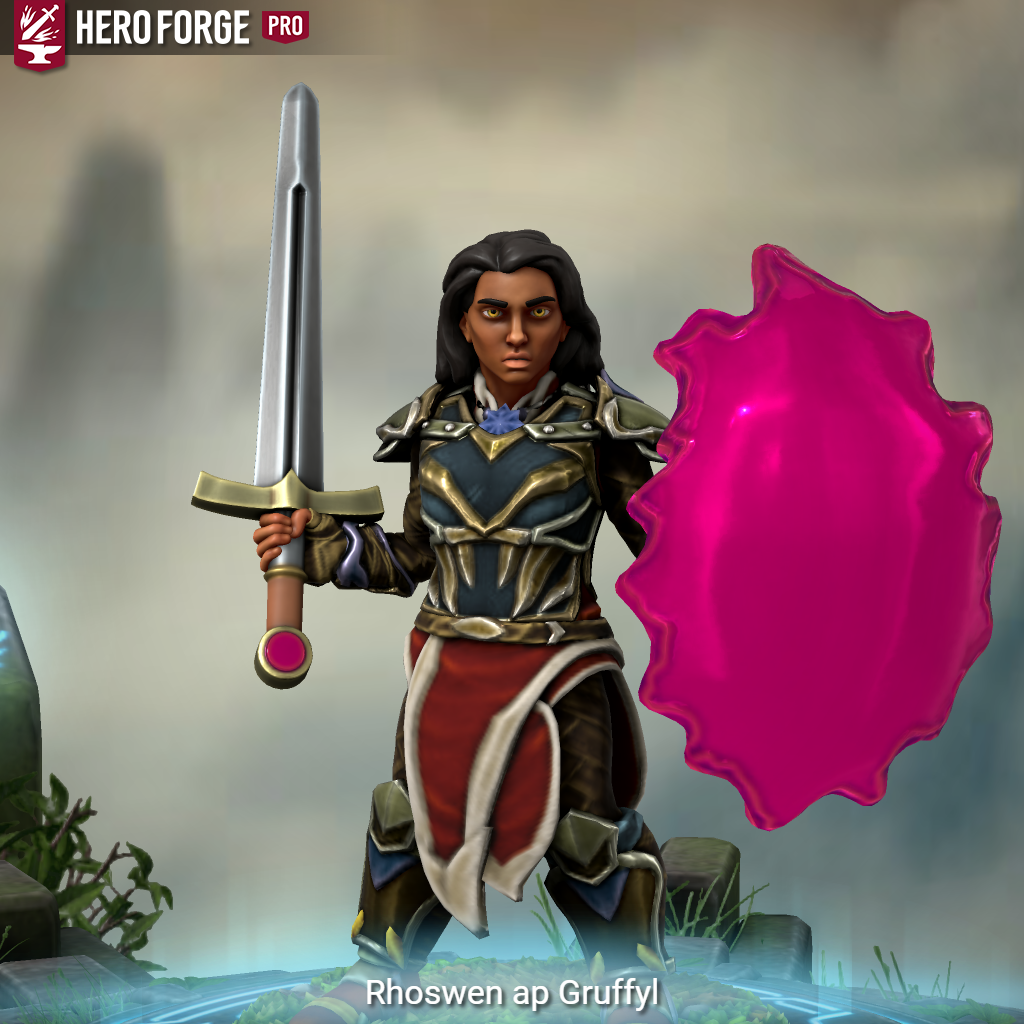
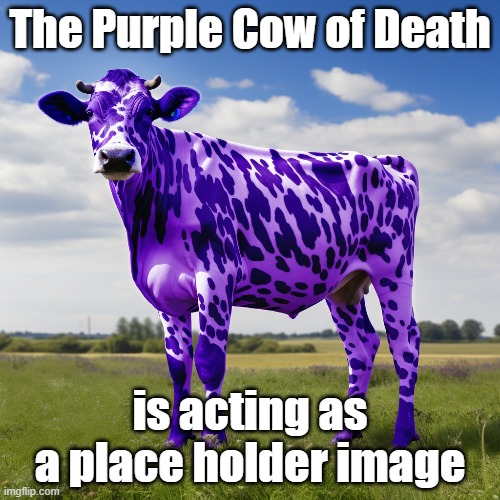
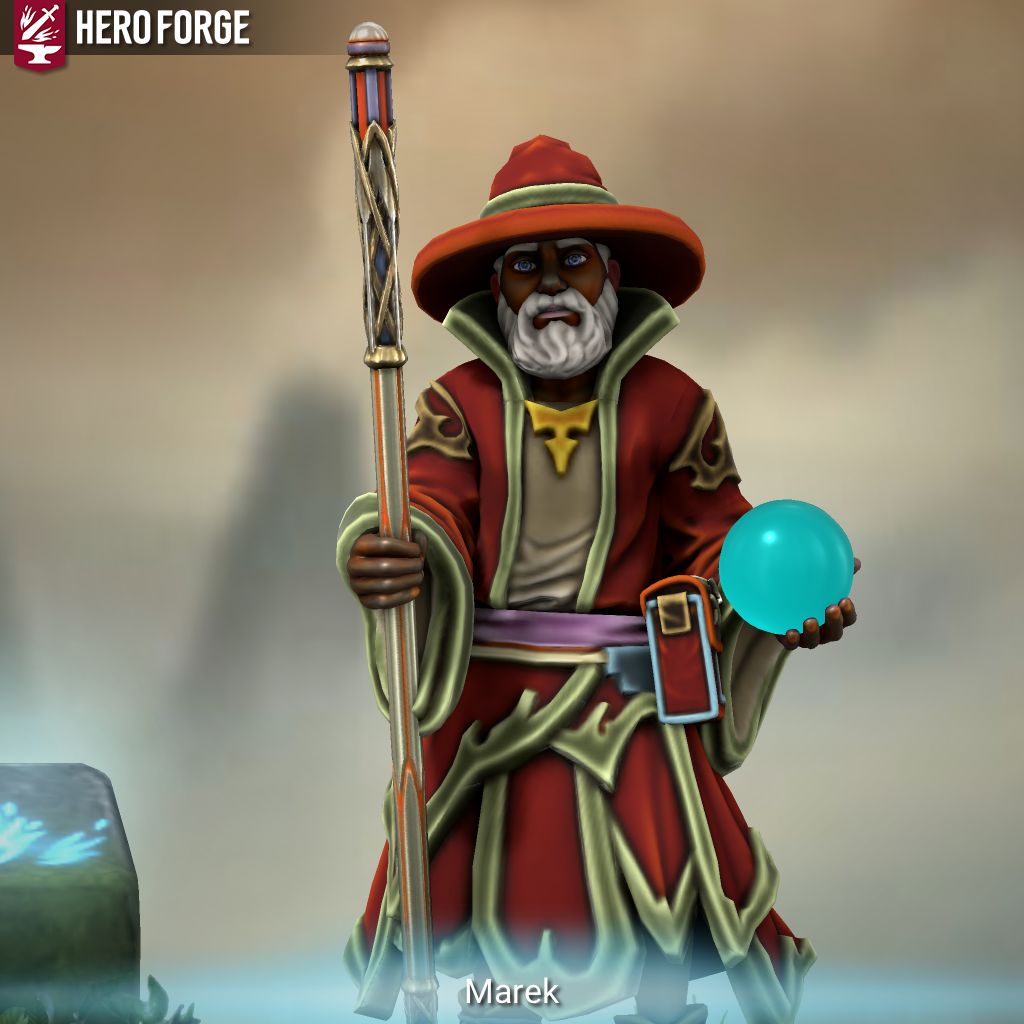


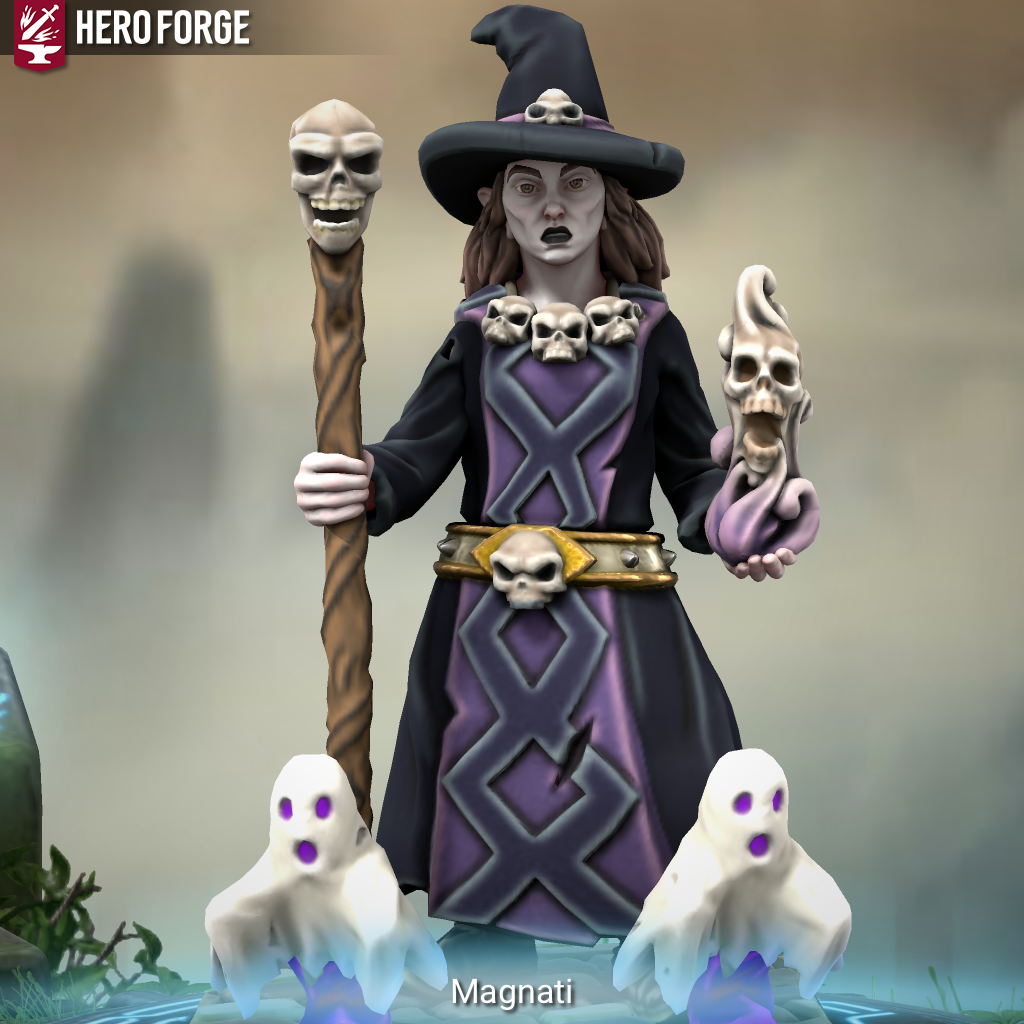
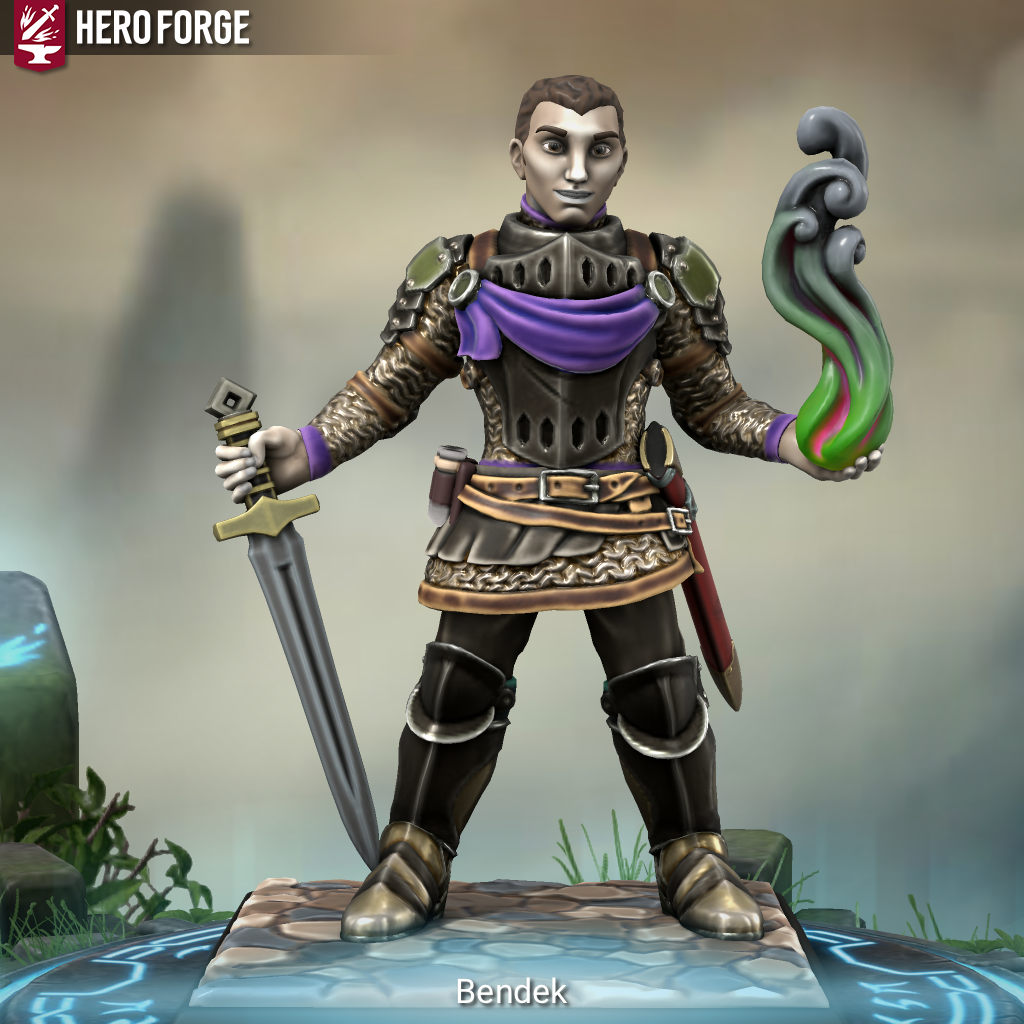

Comments